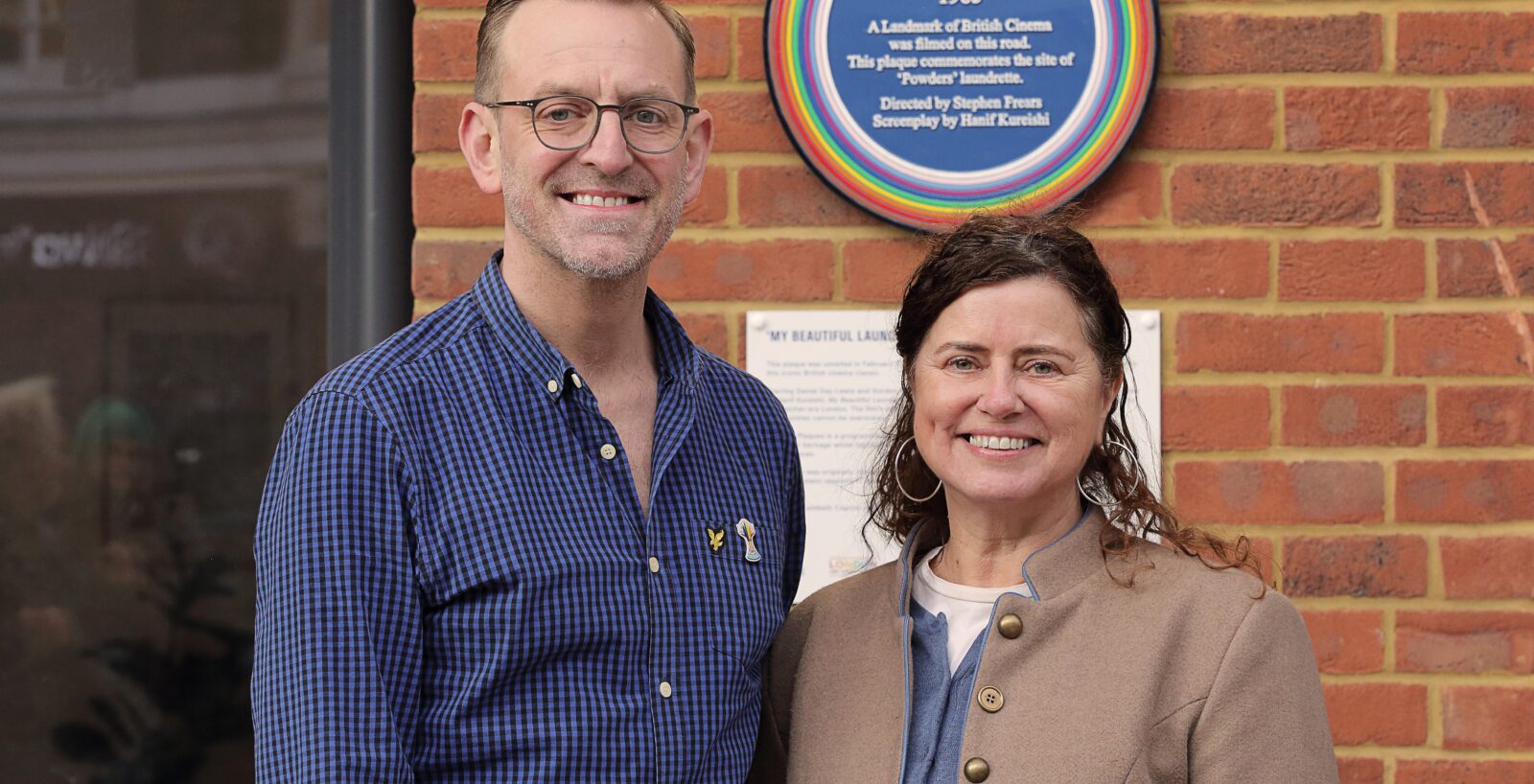The measures are part of £238m of saving that have either been made or identified since 2010, as a result of an estimated 56% cut to the council’s funding from central government from 2010/11 to 2018/19.
The savings to be made in 2017/18 to 2019/20 are predominantly made up of an organisational redesign programme that will digitalise the way the council works and make processes more efficient – for both staff and residents.
The majority of the council’s spending goes on care for the most vulnerable adults and children in the borough. Adult Social Care, in particular, takes up 25% of the council’s budget and is coming under increasing pressure.
Word from the cabinet
Cllr Lib Peck, Leader of Lambeth Council, said: “Every difficult decision we have to make is framed by our priorities for Lambeth, and our drive to reduce inequality and support our residents who are most in need.
“We are helping vulnerable people stay in their homes rather than residential care, and inspiring and training a new wave of foster carers to help young people in need get a better start in life.
“We are investing in regeneration and enterprise to develop skills and jobs for local people and support our rapidly growing, successful business community.
“Our staff are working smarter and more efficiently, at less cost to the council and we are working with community partners to find new ways of maintaining services, like libraries and Adventure Playgrounds.”
Council Tax
To help continue to deliver services that residents rely on, Lambeth Council Tax will rise by 1.99% this year. In addition, the council will be implementing the government’s Adult Social Care precept of 3% on Council Tax.
Priorities
The council’s ‘Future Lambeth’ plan outlines the ambitions to drive inclusive growth, build strong and sustainable communities and tackle inequality.
Services like children’s centres and playgrounds are benefiting from years of work with community partners to keep them open, despite the savings. The tough budget choices also reflect Lambeth residents’ key priorities, like street cleaning, housing and parks, and the council’s values to protect those facing welfare cuts, protect council tenants and maintain the vital service for women and girls that are victims of violence.
There are also plans to raise additional income, bringing fees and charges in line with neighbouring boroughs and using the council’s borrowing powers to invest to ensure an income to the council that can fund services.



